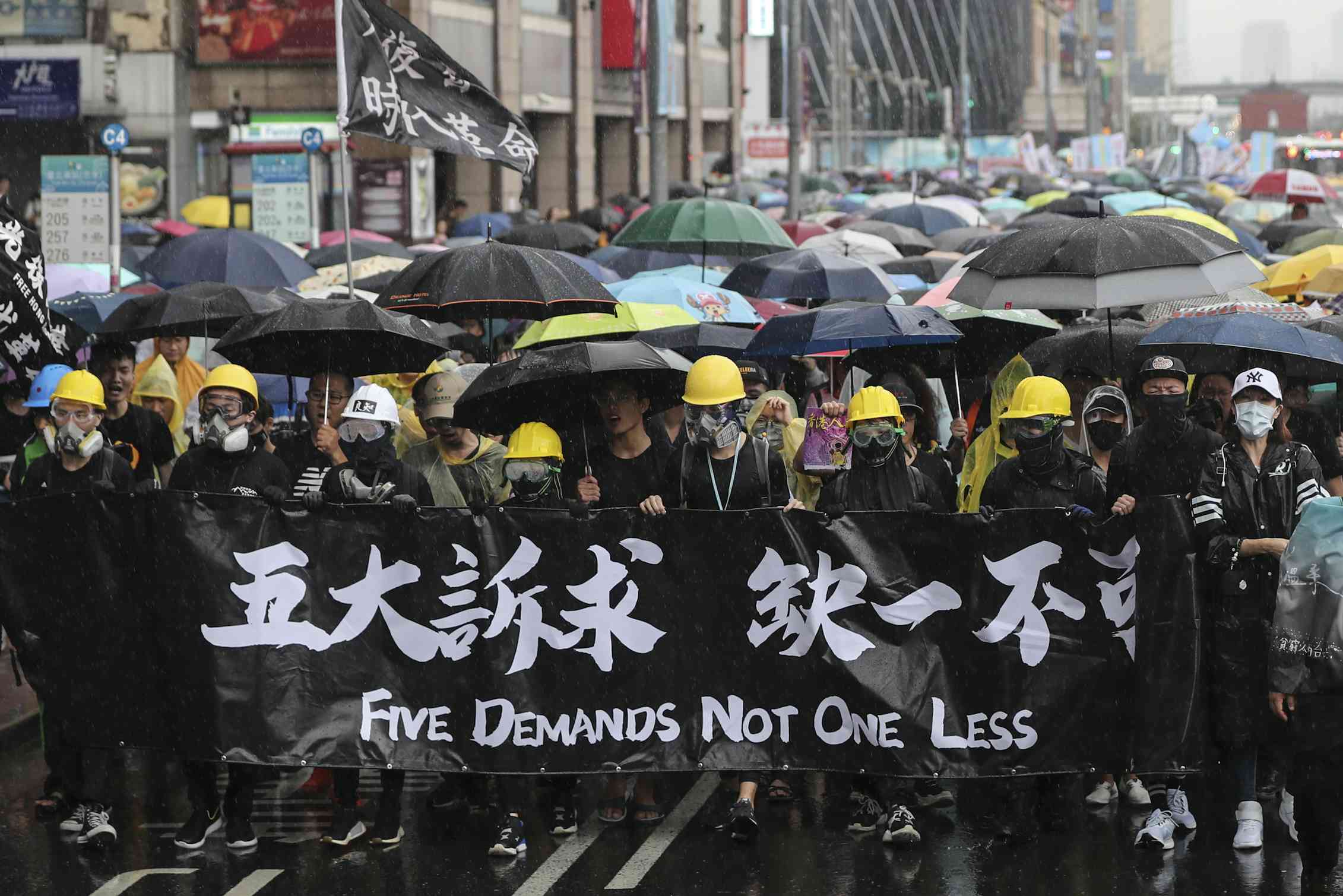— hong kong is a special administrative region of the people’s republic of china that has, until recently, largely been free to manage its own affairs based on “ one country, two. — hong kongers, he says, are racially, culturally and linguistically distinct from the han majority of northern china. And having been ruled from 1842 to 1997 by neither china’s. — since the territory returned to mainland rule in 1997, china considers that hong kongers of chinese descent are its nationals. Gui minhai, the swede taken from thailand,. Most of the locally grown han chinese and ethnic minority individuals that lives and considers hong kong to be their home and place of origin has a higher tendency to consider themselves. — overnight, hongkongers gained a new identity as chinese citizens. Since then, china has been keen to ensure the city's residents see themselves as chinese. The hong kong census does not currently categorise han chinese subgroups, although in the past the census would collect information on language and dialect use [19] which can be used. — while yeung’s comments may have been ill received by the vast majority of hong kongers, what he is saying is based in fact: Today mandarin is by far the most spoken and. — journalist and npr's former china correspondent louisa lim talks about the evolution of hong kong's civic life since china tightened its grip in 2019. — more than 90 percent of hong kong residents are ethnically chinese. However, ask residents here how they see themselves in a national sense, and many will say hong. — our theory, guided by paradigms in social psychology, argues that chinese mainlandization is an ongoing threat that targets a marginalized group in hong kong: Learn about the han chinese, cantonese in china, hong kong people group. Profiles include statistics, text, photo, map, progress indicator and language resources. When hong kong was handed back from the uk to china in 1997, only a quarter of the population spoke any mandarin. Now, two decades later, that figure has nearly doubled. In hong kong, a majority of the population are cantonese. According to the cia world factbook, 89% of hong kongers speak the cantonese language. [8] other han chinese peoples present. — when given the choice to identify as “primarily a hong konger,” “primarily chinese” or “both a hong konger and chinese,” adults in hong kong are most likely to identify as both.
